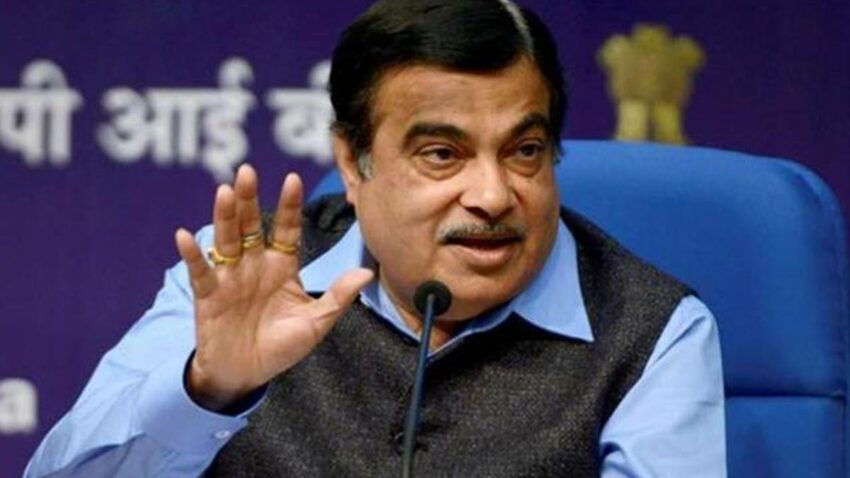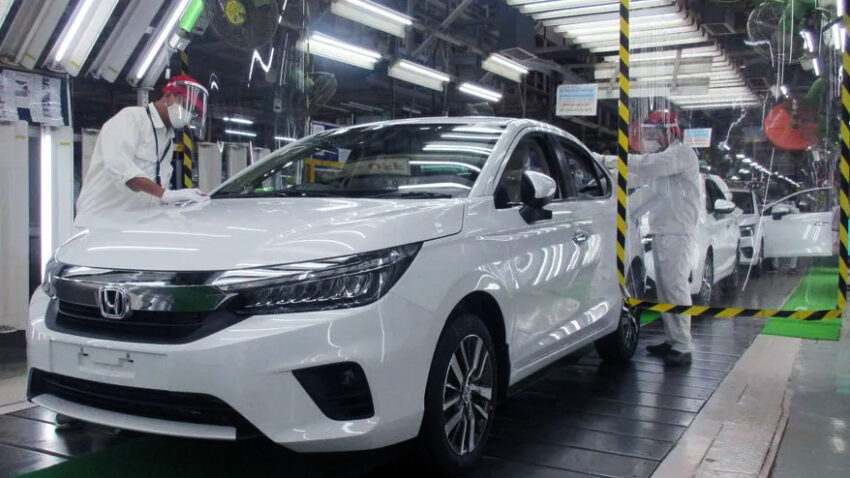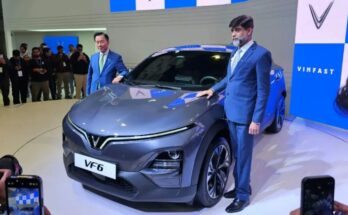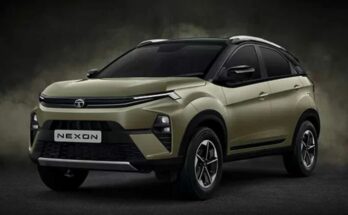India is in works to introduce Bharat New Car Assessment Program (BNCAP) that will assess new vehicles and assign star ratings on the same lines as Global NCAP and Euro NCAP car safety programs.
Union Transport Minister Nitin Gadkari has stressed the need to reduce road accidents in the country which as on date account for over 150,000 road accidents each year leading to a 3.1% loss in the country’s GDP. The Indian government now targets to reduce the number of road accidents by 50% by year 2025. The condition of Indian roads, which are at times reasons for these accidents, should also be improved on parallel lines if there is to be any real change to be brought about.

Though no time frame was given for launching these new vehicle safety tests, the government has announced that it will be made mandatory for all new vehicles that carry up to 8 passengers to have at least standard 6 airbags. These will include front two airbags along with side curtain airbags for passengers in all three rows. Other safety features will include three-point seat belt and automatic emergency braking system (AEBS) for new passenger vehicles. These new safety standards are based on suggestions made by the public.
Related: India to have Cars with 6 Airbags as Standard
The new safety standards will not only protect passengers but will also take into account safety of both pedestrians and other road users. Gadkari has also devised a 12 point initiative for mandatory safety features such as Electronic Stability Control, Emergency Braking System and Driver Drowsiness Alert System to be a part of these new safety standards.

In keeping with these higher safety standards, Indian government has also set up production linked incentive (PLI) schemes leading to an increase in production of airbags and a dip in pricing. Earlier fitting of two airbags could cost the automaker around INR 12,000. This has now declined to around INR 3,000 for a pair of airbags thus making it feasible for both automaker and buyer to have this added safety feature. Even as October 2022 has been proposed for the deadline for implementation of these new safety standards, the industry seeks more time to comply with these regulations.
Related: Auto Sector Demands Car Scrappage Policy
Currently homegrown Indian auto makers, Tata and Mahindra have some of the safest cars on offer, as per Global NCAP ratings. Mahindra XUV300 and XUV700 alongside Tata Punch, Altroz and Nexon boasts 5-star Global NCAP safety rating, whereas Mahindra Marazzo and Thar as well as Tata Tiago, Tigor and Tigor EV has 4-star Global NCAP safety score.

A computer animation professional with over 23 years of industry experience having served in leading organizations, TV channels & production facilities in Pakistan. An avid car enthusiast and petrolhead with an affection to deliver quality content to help shape opinions. Formerly written for PakWheels as well as major publications including Dawn. Founder of CarSpiritPK.com




